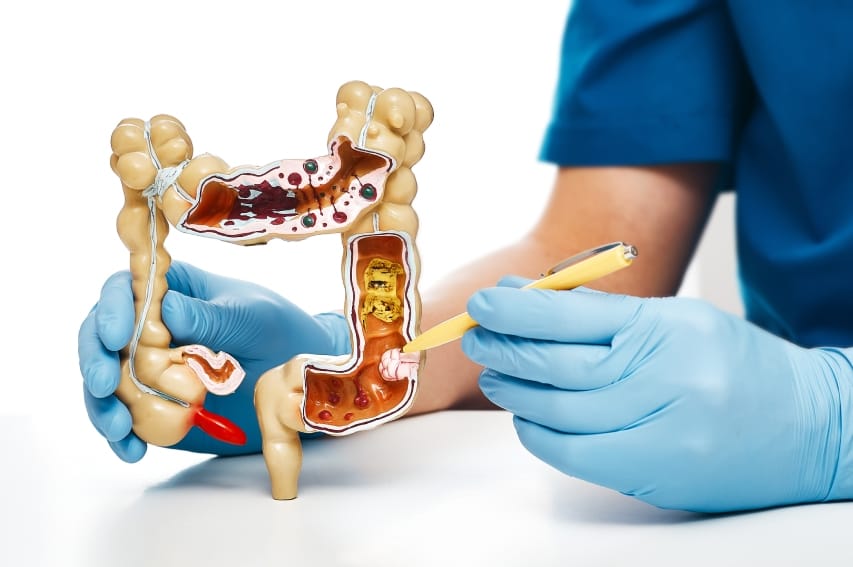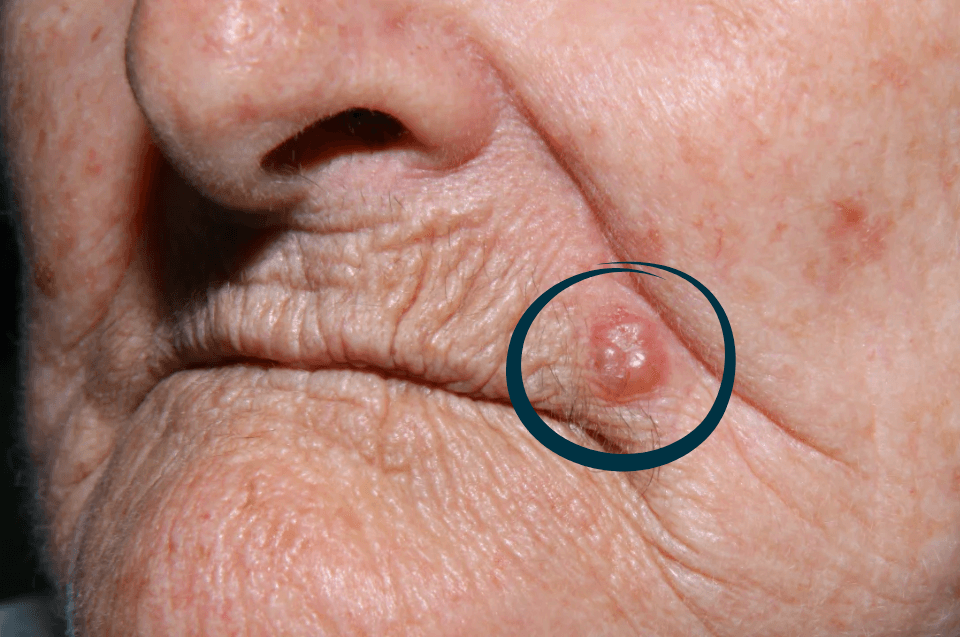Colorectal cancer — which includes tumors that develop in the colon (large intestine) and rectum — is one of the most common types of cancer worldwide. Despite this, there is still a great deal of misunderstanding and stigma surrounding the disease, often leading to delayed diagnosis and reduced chances of successful treatment. As global awareness campaigns grow, it’s increasingly important to talk about prevention, symptoms, and treatment in a clear and accessible way.
What Is Colorectal Cancer?
Colorectal cancer begins with abnormal changes in the cells lining the colon or rectum. Most cases start as polyps — small, benign growths that may gradually develop into cancer over the years. Detecting and removing these polyps early is one of the most effective ways to prevent the disease from progressing.
What Are the Causes and Risk Factors?
Colorectal cancer is multifactorial. Key risk factors include:
Age (more common after age 50)
Family history of colorectal cancer or intestinal polyps
Chronic inflammatory bowel diseases like ulcerative colitis or Crohn’s disease
Genetic syndromes, such as Lynch syndrome or familial adenomatous polyposis (FAP)
High intake of red or processed meats
Low fiber consumption
Physical inactivity
Smoking and excessive alcohol consumption
Obesity
Type 2 diabetes
What Are the Symptoms?
Colorectal cancer may not show symptoms in its early stages. As the disease progresses, some common signs include:
Blood in the stool (bright red or dark)
Persistent changes in bowel habits (diarrhea or constipation)
A feeling of incomplete evacuation
Abdominal pain or cramping
Unexplained weight loss
Fatigue and weakness
Anemia with no clear cause
Because these symptoms can be mistaken for other digestive issues, such as hemorrhoids or irritable bowel syndrome, it’s crucial to seek medical evaluation if they persist.
How Is Colorectal Cancer Diagnosed?
Early diagnosis significantly improves the chances of a cure. The main tools used include:
Colonoscopy – the gold standard test that allows for polyp and tumor detection, and biopsy collection.
Fecal occult blood test – a simple test that can indicate hidden blood in the stool.
Imaging tests – such as CT or MRI, help assess how far the disease has spread.
Genetic testing – may be recommended for individuals with a strong family history or suspected hereditary conditions.
Treatment Options
Treatment depends on the stage of the disease, tumor location, and the patient’s overall health. Options may include:
Surgery – to remove the tumor and a portion of the affected intestine; the most common treatment.
Chemotherapy – used to destroy cancer cells or prevent their spread; may be given before or after surgery.
Radiation therapy – particularly for rectal tumors, especially those near the anus.
Immunotherapy and targeted therapies – used in specific cases, especially in advanced cancer with certain genetic mutations.
In many early-stage cases, surgery alone may be curative, without the need for additional aggressive treatments.
How to Prevent Colorectal Cancer
While not all cases are preventable, many risk factors can be addressed:
Eat a high-fiber diet rich in fruits, vegetables, and whole grains
Limit red and processed meats
Maintain a healthy weight
Exercise regularly
Avoid smoking and limit alcohol
Get screened regularly, especially starting at age 45 (or earlier if you have risk factors)
Common Myths About Colorectal Cancer
“Only older adults get colorectal cancer.”
❌ Myth. While it’s more common after age 50, rates are rising in younger adults.
“Colorectal cancer always causes symptoms.”
❌ Myth. It can be silent in early stages, which is why routine screening is vital.
“All polyps turn into cancer.”
❌ Myth. Most are benign, but some can become cancerous over time. Early removal prevents this.
“Colonoscopy is dangerous.”
❌ Myth. When performed by a trained professional, it is safe and highly effective for cancer prevention.
“Colorectal cancer is always fatal.”
❌ Myth. When detected early, colorectal cancer is highly treatable — with survival rates exceeding 90% in initial stages.
“Anal sex increases the risk of colorectal cancer.”
❌ Myth. This is a common misconception. Colorectal cancer and anal cancer are different diseases. Anal sex does notincrease the risk of colon or rectal cancer. However, anal cancer may be associated with unprotected anal sex, especially in cases involving HPV infection. It’s important to distinguish between these two conditions to avoid misinformation and unnecessary stigma.
Conclusion
Colorectal cancer is serious but also one of the most preventable and treatable forms of cancer — especially when caught early. Prevention starts with healthy lifestyle choices and routine screening. Don’t wait for symptoms to appear. Talk to your doctor about when to begin screening, especially if you’re approaching 45 or have risk factors. Early detection can mean the difference between a simple procedure and a life-threatening illness — and it can save your life.



